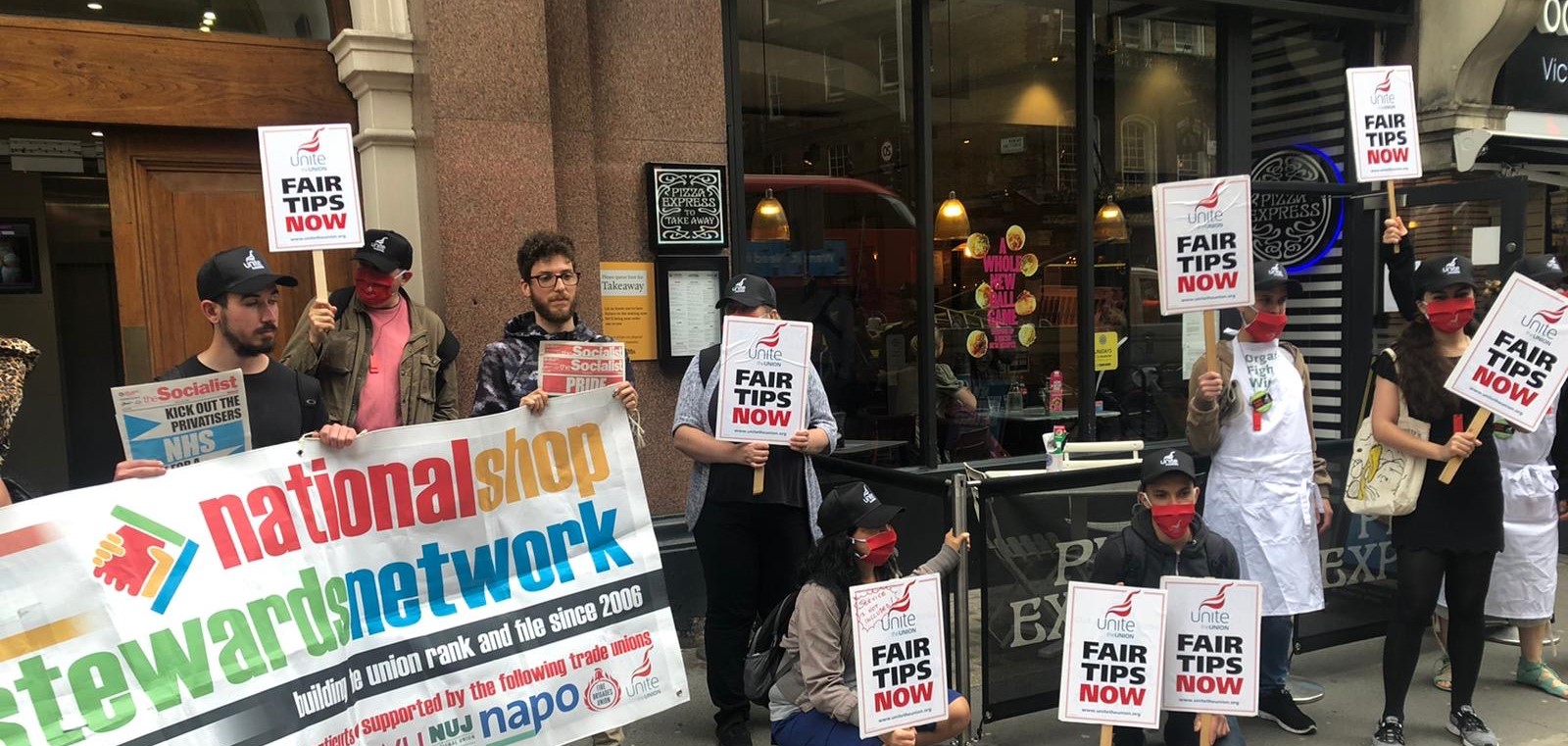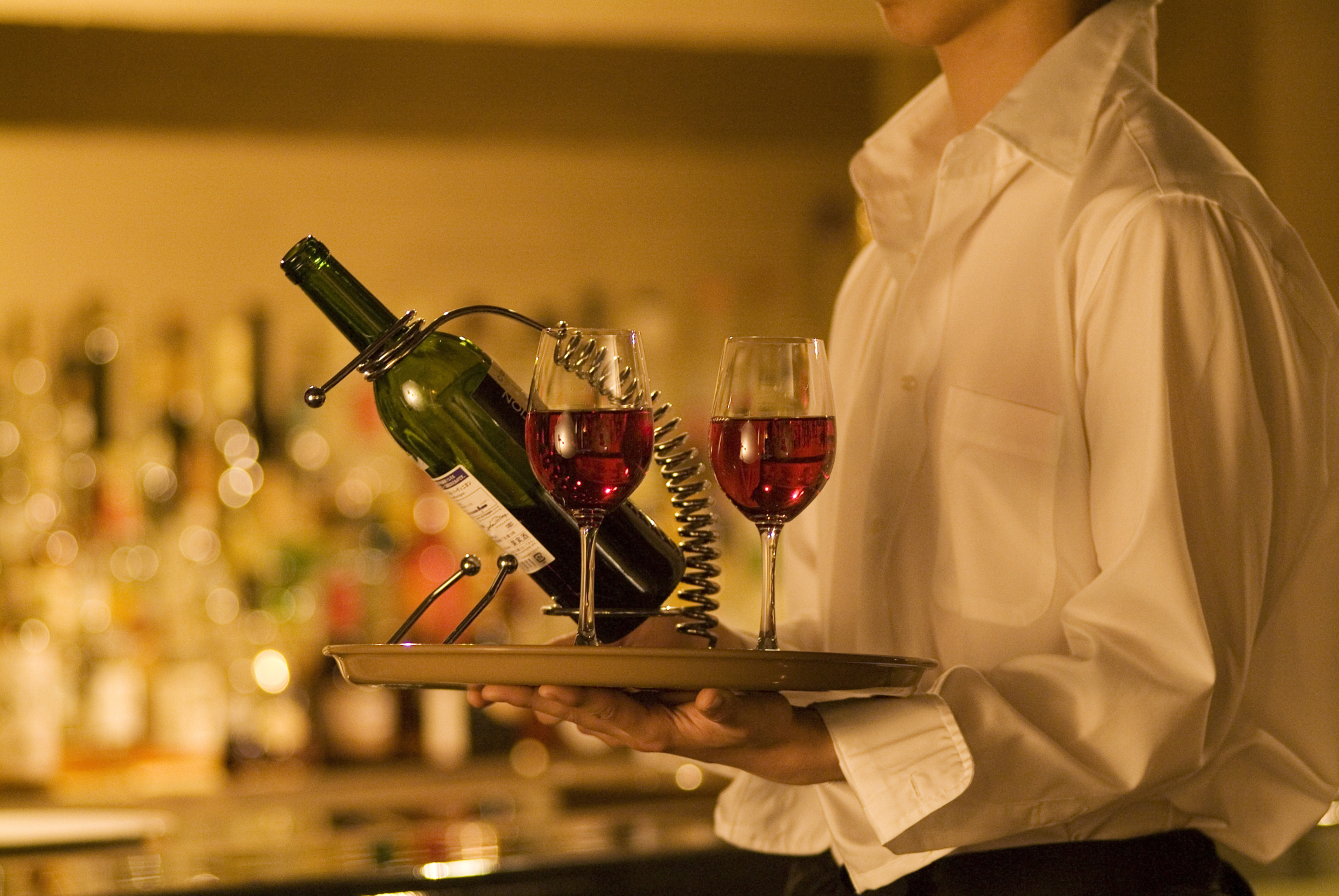Tipping the balance
As the government drags its feet over the publication of its consultation on tipping practices – now a full eight months overdue – restaurants continue to get away with brazen theft of staff tips.
The latest among these is the Ivy Collection, a group of restaurants inspired by the iconic celebrity haunt the Ivy, where dinner for two runs into the hundreds of pounds.
The restaurant group levies a 12.5 per cent service charge on all bills – but staff say that they hardly receive any of it, according to a Guardian investigation.
Waiters and chefs largely earn only the minimum wage, now set at £7.20 an hour. They get an additional £1.30 an hour “commission” but this so-called commission doesn’t ever vary based on how much service charge the restaurant brings in.
Others such as runners who pick up dishes get only 80p an hour in “commission” and some get nothing at all, staff say.
“I put through more than £1,500 [in diners’ bills] on a shift and when you see only about £7 of that on top of the minimum wage you can see they are very tight with money,” one former waiter told the Guardian.
A member of kitchen staff said he felt helpless about the situation.
“Business is good, business is bad, our commission stays the same,” he said. “Nobody feels they can do or say anything about it or we will lose our jobs.”
The Ivy Collection denied that it withholds service charges from staff.
“All restaurant based staff at the Ivy Collection are paid, at the very least, the minimum wage and this wage is then significantly increased with money from the service charge, minus the relevant taxes imposed by HM Revenue and Customs,” a spokesperson from the restaurant said.
“The vast majority of the money from the service charge is given to the restaurant staff, not the management.”
But Unite regional officer David Turnbull said that by just looking at the accounts of, for example, the Chelsea Grill, one of the group’s restaurants, this couldn’t possibly be true.
â€Commission’
Unite has found that the Chelsea Grill took about ÂŁ1m in service charges, and total staff wages, including the so-called â€commission’ added up to ÂŁ2.6m.
Even if all 184 of the Grill’s workers, excluding two directors, worked the entire year full-time, for 45 hours each week, and everyone got the same £1.30 an hour in commission, the numbers simply wouldn’t add up – the total paid out in commission would come to £600,000, meaning a £400,000 deficit.
This, Turnbull said, raised questions over whether the service charge was being used to top up senior management’s wages.
The Ivy Collection isn’t the only culprit in the hospitality industry in recent months blamed for service charge theft either.
Late last year, former Masterchef judge Michel Roux, owner of the Michelin-starred Le Gavroche, admitted that service charge at his restaurant – where dinner for two on the fixed price menu totals £212 – is treated as revenue and isn’t distributed to staff.
This was after another Guardian investigation found that staff at Le Gavroche weren’t being paid the legal minimum wage.
At the time, a La Gavroche spokesperson asserted that the service charge did indeed go to staff, noting, “All Le Gavroche staff, front of house and kitchen, share in the 13 per cent discretionary service charge.”
Roux has since announced that the restaurant would be dropping the service charge entirely.
Unite has also recently targeted Malmaison hotels in London and Leeds, after the union’s conversations with staff there revealed that management had been using service charges to cover breakages and to top up tills that were short on cash.
Unite orchestrated a day of protest outside Malmaison hotels last month, which called on the chain to reverse its service charge policy and tackle other workplace issues staff had brought up such as bullying.
While Unite has long campaigned to end unfair tipping practices by targeting individual restaurants – the union’s Pizza Express campaign has been the most notable example, prompting several restaurants to change their tipping policies – it also continues to lobby for a change in the law.
“Most people pay the service charge without question believing that the extra cash goes entirely to the staff that served them. And yet, there is currently no legal requirement for employers to give staff a portion of it,” said Turnbull.
“That is why we’re calling on the government to publish the recommendations of its consultation on tipping, which is now eight months overdue.”
You can join in the campaign to end unfair tipping practices for good by signing our petition to the government here.
 Like
Like Follow
Follow


